Matthew Alexander Caporizzo, Ph.D.
Dr. Caporizzo received his bachelors degree summa cum laude in Engineering Physics from the University of Pittsburgh in 2008 where he was awarded the outstanding senior award. In 2008, Matt received an Ashton Fellowship to study soft matter physics at the University of Pennsylvania under the mentorship of Dr. Russell J. Composto where Matt developed new methodology to measure the viscoelasticity of single cells using atomic force microscopy. After receiving his Ph.D. in materials science engineering at the University of Pennsylvania in 2014, Matt joined the lab of Dr. Yale E. Goldman at the Perelman School of Medicine at the University of Pennsylvania. Under the mentorship of Dr. Goldman, Matt built an interferometric scattering microscope and developed an analytical Markov model to describe the molecular motility of processive dimers which he applied to the bundle-selective motor myosin X. In 2016, Matt received an American Heart Association Post-Doctoral Fellowship to join the lab of Dr. Benjamin Prosser and study the contribution of the microtubule cytoskeleton to cardiac viscoelasticity. There Matt pioneered new approaches to interrogate the passive viscoelasticity of cardiomyocytes and myocardium and developed a computational model which demonstrates that viscous resistance of the microtubule network is sufficient to inhibit the contraction of cardiomyocytes in heart failure. In 2021, Matt was awarded an American Heart Association Career Development Award to develop engineered cardiac tissues from human samples to interrogate the mechanical feedback between the microtubule cytoskeleton and the failing cardiac extracellular matrix. In 2022 Matt was appointed as an Assistant Professor at the Larner College of Medicine at the University of Vermont where he is actively continuing his research on the molecular mechanisms that stiffen the failing heart and developing platforms to test new therapies that reverse pathological stiffening.


